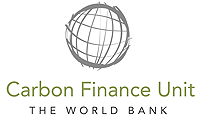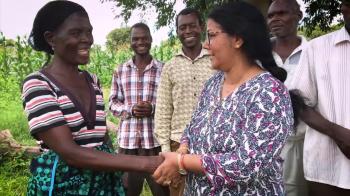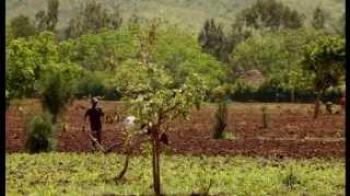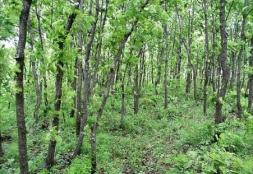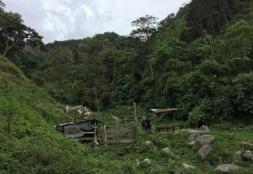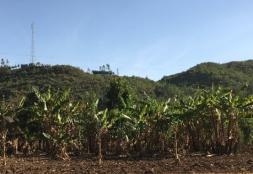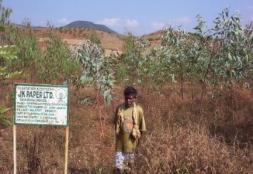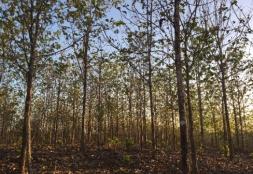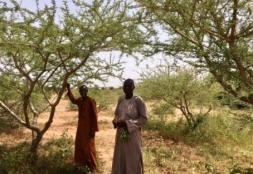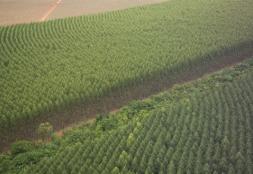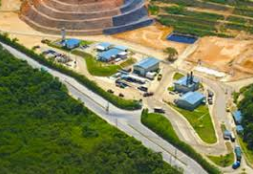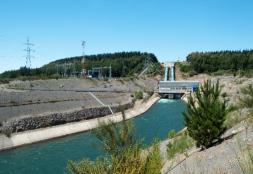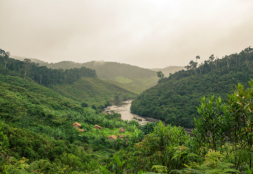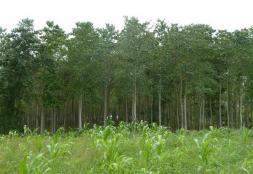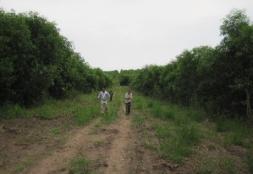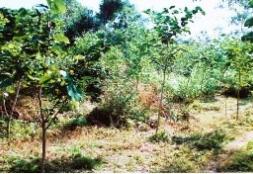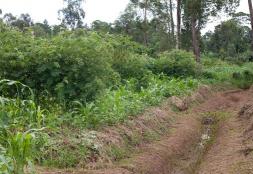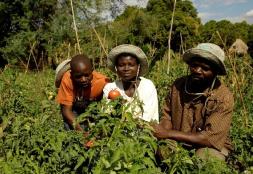The BioCarbon Fund was a public-private sector initiative managed by the World Bank that supported projects that generate multiple revenue streams. It combined the financial returns from the sale of emission reductions (i.e., carbon credits), which increase local incomes, with other indirect benefits from sustainable land management practices. Generating multiple revenue streams is crucial to rural communities that otherwise have limited sources of income.
The BioCarbon Fund tapped the carbon market both by working extensively within the UNFCCC’s Clean Development Mechanism (CDM) and the voluntary carbon market such as Verified Carbon Standard (VCS). The payments made by the BioCarbon Fund were results-based, thus providing strong incentives for good project management, performance, and impact. An equally important component of BioCarbon Fund operations was the delivery of additional benefits, so called ‘co-benefits’, that accrue to the communities in addition to the payments for the emission reductions. These co-benefits often take the form of biodiversity conservation, improved water services, and social/institutional benefits (e.g., improved land tenure and stronger community organizations).
